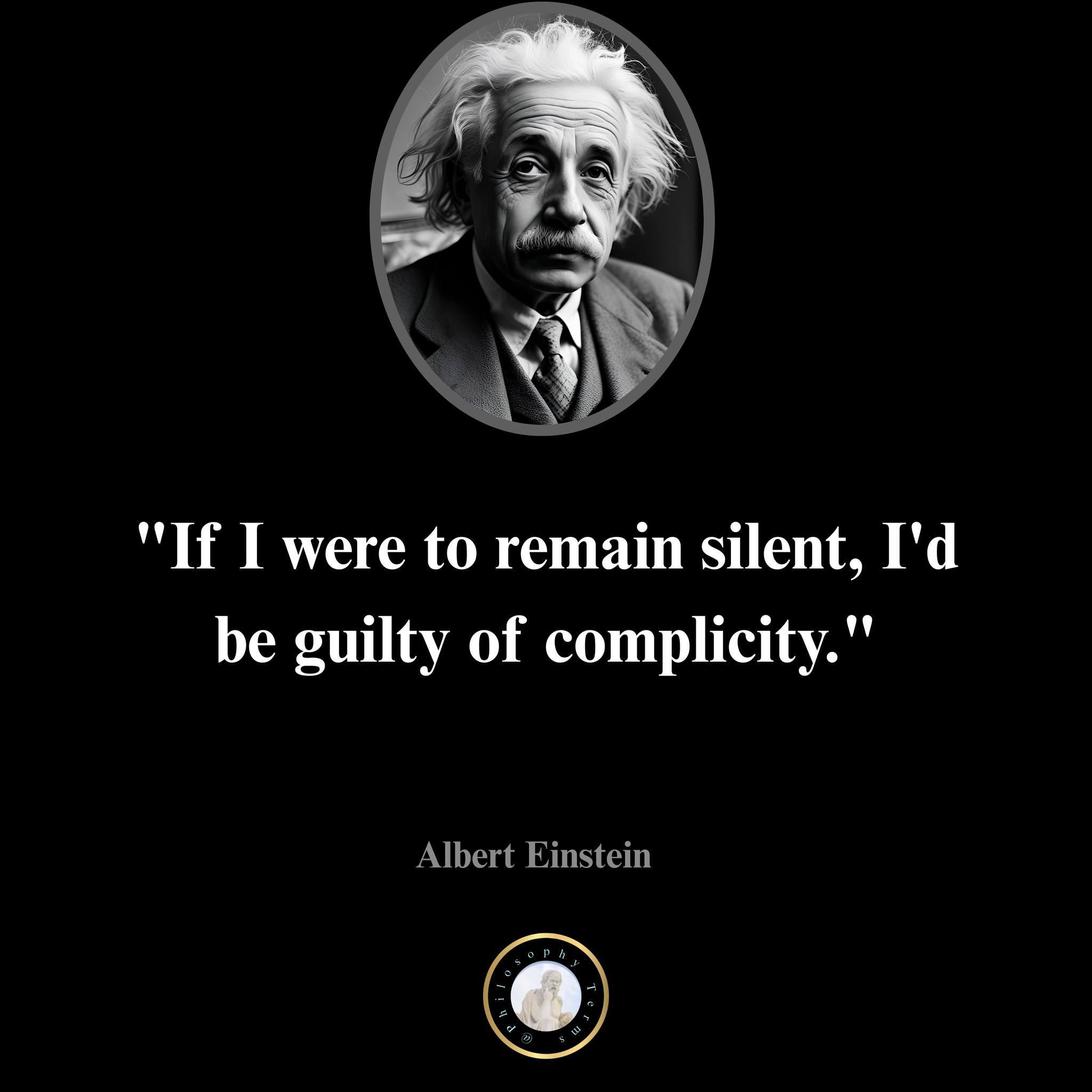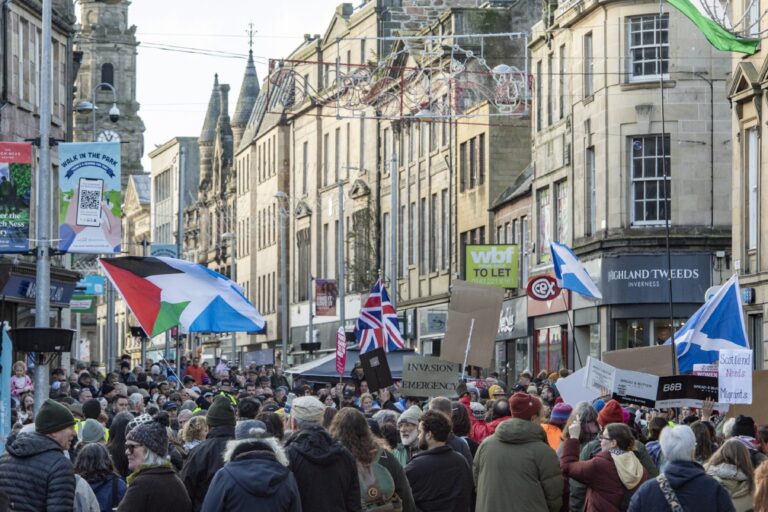To abstain is to consent
Let’s begin with clarity: To abstain is to consent. This is not just opinion—it is doctrine.
In Roman law, the maxim “Qui tacet consentire videtur” (“He who is silent is taken to consent”)was established by jurists like Ulpian and Paulus in the third century CE. It migrated into canon law, theological ethics, and modern political frameworks. When you do not speak, your silence binds you to what follows. When you do not act, your inaction becomes an action on behalf of the dominant system.
❝He who does not oppose, consents.❞ This principle echoes through the halls of power, from Catholic sacramental doctrine, which invalidates any rite done without explicit will (Catechism of the Catholic Church §1626), to UN Security Council procedures, where abstention by permanent members is interpreted as tacit approval (UN Charter, Article 27).
So let’s dispense with illusions. When folk refrain from voting, disengage from civic assemblies, or reject platforms like the People’s Assembly—not from protest, but from apathy—they are not resisting. They are consenting. And that complicity powers the status quo.
⚔️ The Movement Fractured
Scotland’s independence movement is no longer a unified chorus—it’s a cacophony. Dozens off actions claim the moral high ground, yet recoil from convergence. From Salvo to Scottish Resistance, from the National Yes Network to fragmented activist groups, each brandishes its own litmus test while ignoring operational reality.
This schism corrodes credibility. It feeds disillusion. It drives the public away—exactly as we saw in the collapse of the “Long Walk to Freedom” campaign, inspired by Mandela's autobiography but undone by egos, withheld information, and refusal to unify. Mandela’swords—“Our march to freedom is irreversible. We must not allow fear to stand in our way.”—were supposed to galvanize mass civic action. Instead, they were drowned in fragmented execution (AnonScot Collective, 2023).
Leadership faltered. Movements stumbled. And abstention flourished.
🧭 The People’s Standard
The antidote to this fragmentation is The People’s Assembly platform, built on Distributed Ledger Technology (DLT) to ensure every act of consent is traceable, verifiable, and active. Itrefuses silent participation. It rejects proxy authority. It disarms power-hoarding by design.
This is sovereignty encoded. Every citizen who registers and engages is not just expressingpreference—they are establishing civic authorship. The Assembly’s architecture integrateswith community councils under the Community Empowerment Act (2015), converting passiveresidents into constitutional stakeholders.
This terrifies the establishment—and rightly so. Unlike pseudo-conventions curated by partyinsiders, the Assembly does not allow participation without informed verification. You show up.You speak. You leave a record. Otherwise, power moves without you.
🔥 The Ethics of Action
Your silence is not private. It’s legible. In politics, it writes policy. In courtrooms, it forfeits claims.In the civic realm, it becomes operative consent.
This truth is reinforced by philosophers from John Stuart Mill, who argued in On Liberty (1859)that “the worth of a state in the long run is the worth of its individuals,” to Hannah Arendt, whowarned in Eichmann in Jerusalem (1963) that “The greatest evil is not radical... but rather theabsence of thought.”
So here’s the ethic:
- ✅ Speak knowingly.
- ✅ Object with rhythm.
- ✅ Consent publicly—or withdraw it ceremonially.
- ❌ Do not mistake abstention for elevation.
There is no virtue in being voiceless. In a sovereign movement, abstention is sabotage. And every silence becomes a sentence. Make sure it’s not one you didn’t mean to write
Silence, Sabotage and the Power We’veYet to Claim
If Part I was the mirror, Part II is the reckoning.
We’ve laid the ethical foundation: abstention is complicity, silence is a sentence. Now we confront the operational reality—the ways Scotland’s independence movement continues to sabotage itself through fragmentation, and how the establishment relies on that silence tosurvive.
⚔️ False Unity, Real Failure
Each political actor in the Yes landscape has called—at least once—for a constitutionalconvention. From former MPs to grassroots influencers, the rhetoric rings out: “Unite!”“Convene!” “Declare!” But when the People’s Assembly scheduled just such an event onSeptember 18th, 2024—and opened the doors to every faction—the response was silence.
No formal engagement. No response teams. No shared platforms. Why?
Because the Assembly doesn't play by inherited rules. It uses Distributed Ledger Technology(DLT)—a verified, public ledger of consent. No gatekeepers. No procedural fog. And most critically: no way for any group to hijack the process or claim sovereignty without showing up.
To participate means accountability. To contribute means disclosure. To abstain meansexposure.
This terrifies those clinging to power under the guise of leadership
🧭 The Platform That Can’t Be Co-Opted
The People’s Assembly experiment, launched alongside events like Albafest and #OpFreeScot, is quietly rewriting the DNA of civic power. Not with press conferences ormanifestos—but with mechanisms.
- Every sign-up is verified.
- Every action is recorded on the ledger.
- Every voice contributes to a living civic structure—one that integrates with the Community Empowerment Act (2015) and maps directly to Scotland’s community councils.
This isn’t grassroots theatre. It’s operational sovereignty.
Yet where are the factions? Where are the nationalists, the resistors, the radical decentralists?
Still parsing strategy while the tide turns without them.
🔥 No More Ritual Silence
November 5th’s upcoming mobilisation—framed not as protest, but as activation throughknowledge—marks a clear fork in the road. No streets. No speeches. No marching orders. Just a single ask:
Learn the structure. Verify your place. Claim your seat before someone elseassigns it for you.
Because this isn’t a movement waiting on politicians. It’s a framework waiting on people.
“To me, you have three options,” writes a contributor to the AnonScot collective. “Do as Salvo suggests. Do as Alex suggests. Or decide for yourselves and write your own future.” “MAKE your mind up. Get on with it. Stop arguing like school children.”
Rough? Yes. But it cuts to the bone. We’ve exhausted the tolerance for ego-led drift andfactional posturing. The room for passivity has closed.
⚖️ What History Will Ask
- Did you show up when sovereignty asked for your signature?
- Did you remain silent when civic infrastructure was being reclaimed?
- Did you withhold unity while demanding progress?
This isn't theory. It’s ledger. Your absence will be recorded. Your voice, if withheld, will stillecho—just not in your own words.
The constitutional fight is not just legal. It’s cultural. It’s memory-based. It’s built on rhythm,ancestral echo, and shared sacrifice. And if the current leadership won’t listen to that rhythm,the ledger will.
So let it be written. Let it be verified.
There is no virtue in being voiceless. There is no excuse for abstention.
Most recent episodes
Get notified every time we post an new article
Stay ahead of the story. Subscribe now and get instant updates whenever we publish new insights, investigations, or deep dives — straight from Scotland’s independent voice.







